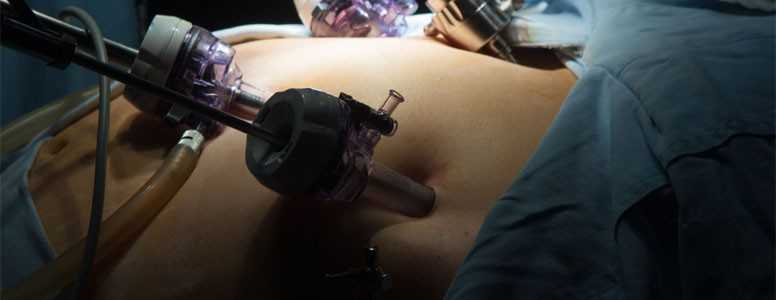New research suggests that, when it comes to reducing cardiovascular disease (CVD) risks and improving diabetes-related outcomes, screening plans for type 2 diabetes are far from infallible.
Screening programmes have, however, been found helpful for those diagnosed with type 2 diabetes – either at the time of screening or subsequently – in whom death from all causes and CVD events were lowered.
An analysis of different screening programmes, introduced in Nordic countries like Sweden and Denmark, has been performed in part by UK researchers from the University of Cambridge.
The analysis was based off three large trials, assessing the benefits and harms of these screening programmes, which were recently published in the journal Diabetologia.
Researchers mostly used data from the 2012 Anglo-Danish-Dutch Study of Intensive Treatment in People with Screen-Detected Diabetes In Primary Care (ADDITION-Denmark).
Over 150,000 individuals, who’d been offered a diabetes screening programme rolled out in 181 practices participating in the ADDITION-Denmark study, were involved.
The participants were sent a diabetes risk score questionnaire, and if their score indicated ‘moderate to high risk’ they were invited to attend for a diabetes test and CVD risk assessment.
More than 27,000 people attended, and 1533 (10%) were diagnosed with diabetes during screening. A further 1,760,000 individuals constituted the no-screening control group.
Participants were followed for approximately nine years after which time national registers were searched for CVD events, including CVD death, non-fatal ischaemic heart disease and non-fatal stroke.
Researchers found that screening for type 2 diabetes and CVD risk factors was not associated with a reduction in mortality or in CVD events. Rates of cancer and diabetes-related mortality were also not reduced through screening.
However, as mentioned earlier, a sister study to ADDITION which focused on those diagnosed with type 2 diabetes yielded different results. A single round of screening in these individuals led to a 21 per cent reduction in mortality and a 16 per cent reduction in CVD.
The screening programme also significantly cut diagnosis time by about 2.2 years. Similarly, in the third study of a large Swedish cohort, people were diagnosed on average 4.6 years earlier and had reduced rates of renal disease and retinopathy.
Healthy lifestyle behaviour changes were also seen following screening. For example, one third of screen-detected individuals reported that they had stopped smoking at five-year follow up and lost an average of 2 kg in weight.
Researchers concluded that opportunistic screening may offer better risk-factor control than stepwise screening, unless already diagnosed with type 2 diabetes.
What's new on the forum? ⭐️
Get our free newsletters
Stay up to date with the latest news, research and breakthroughs.








